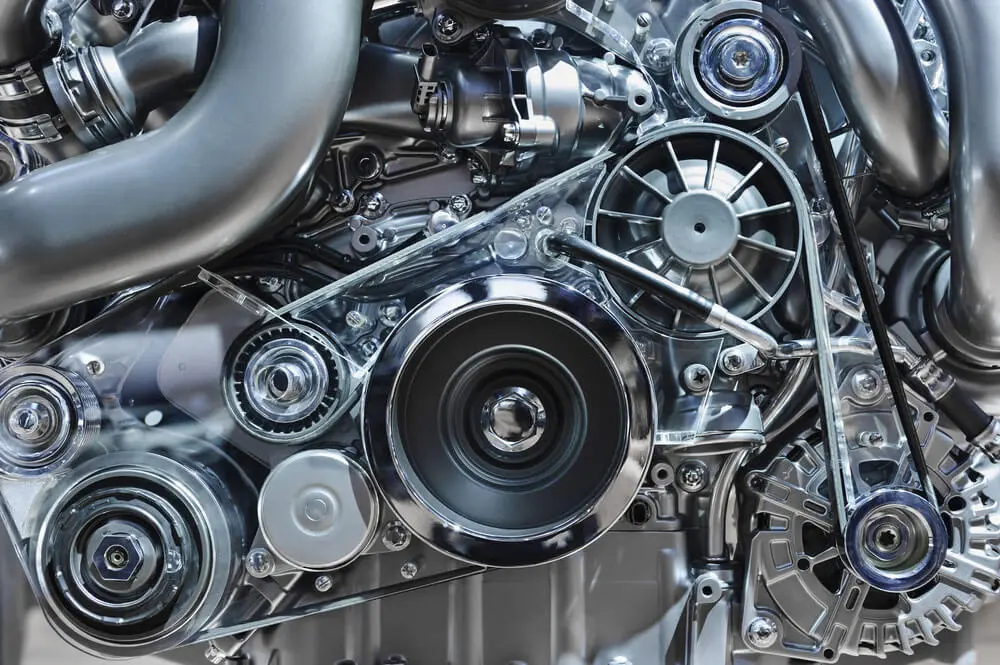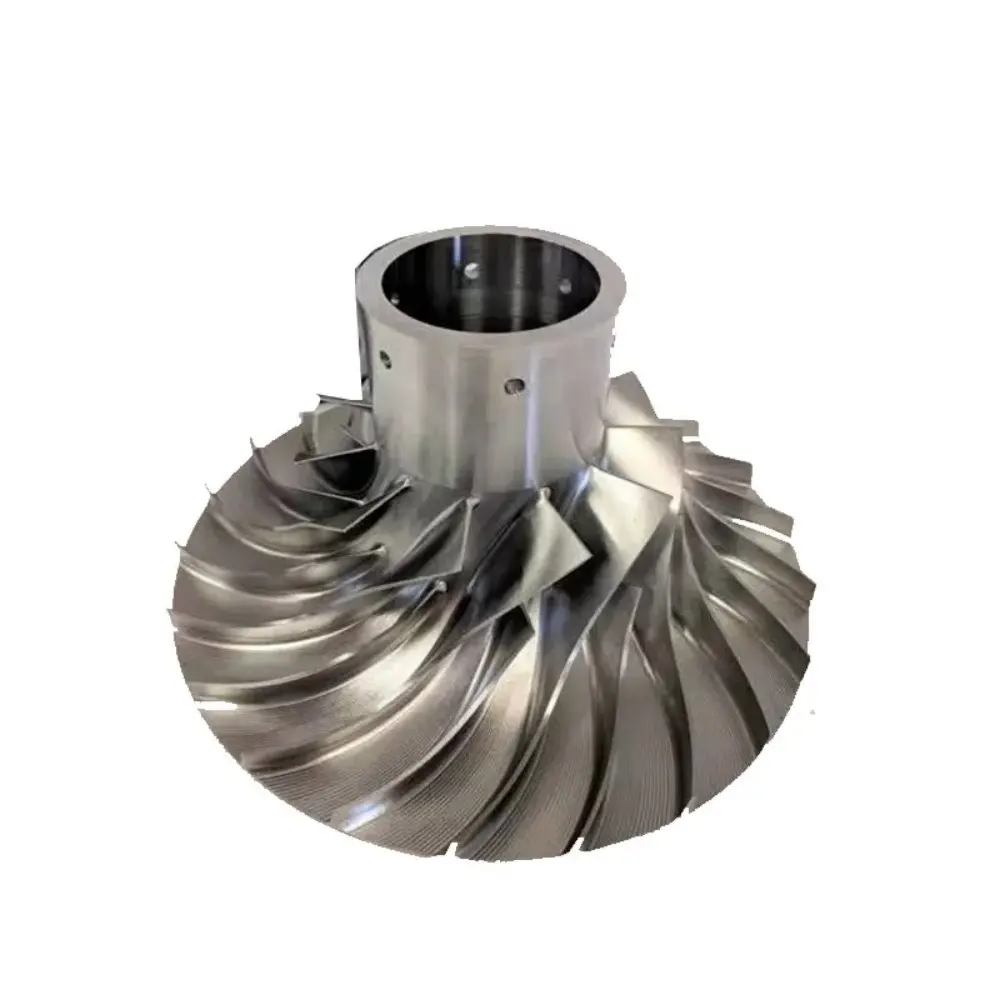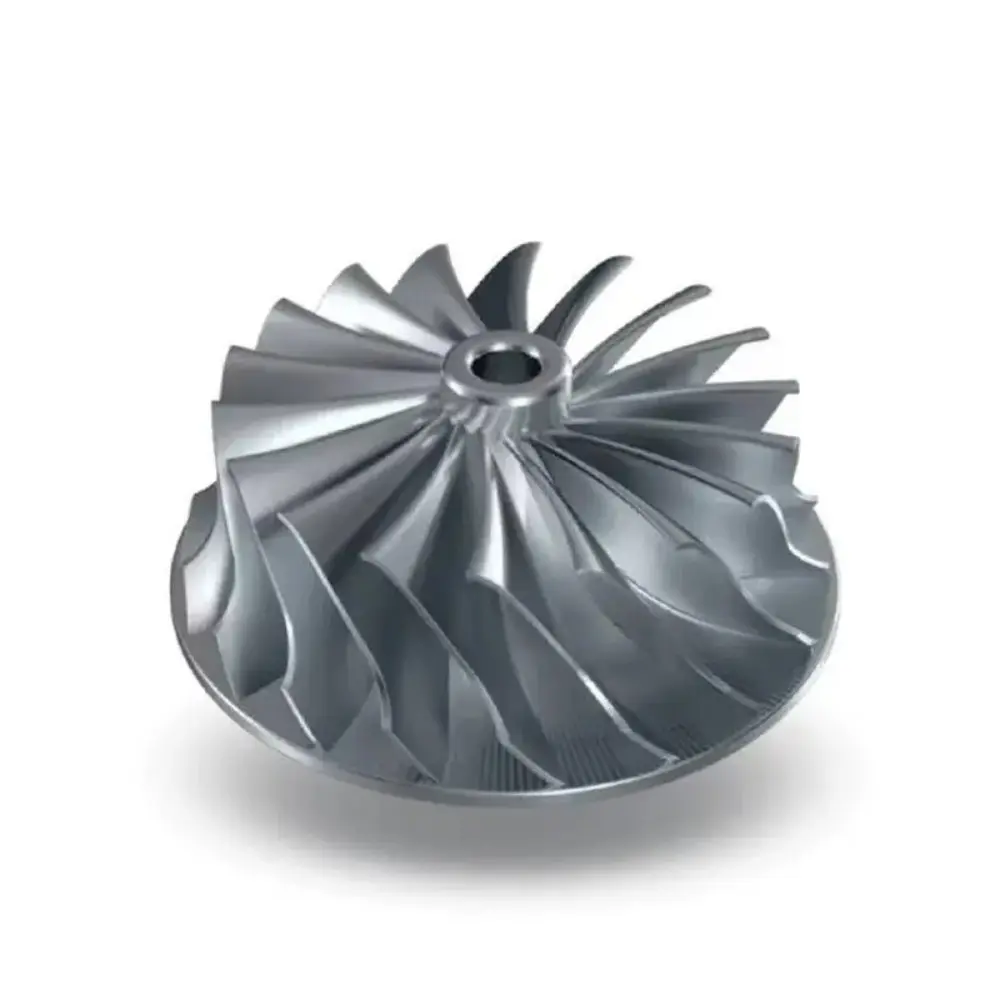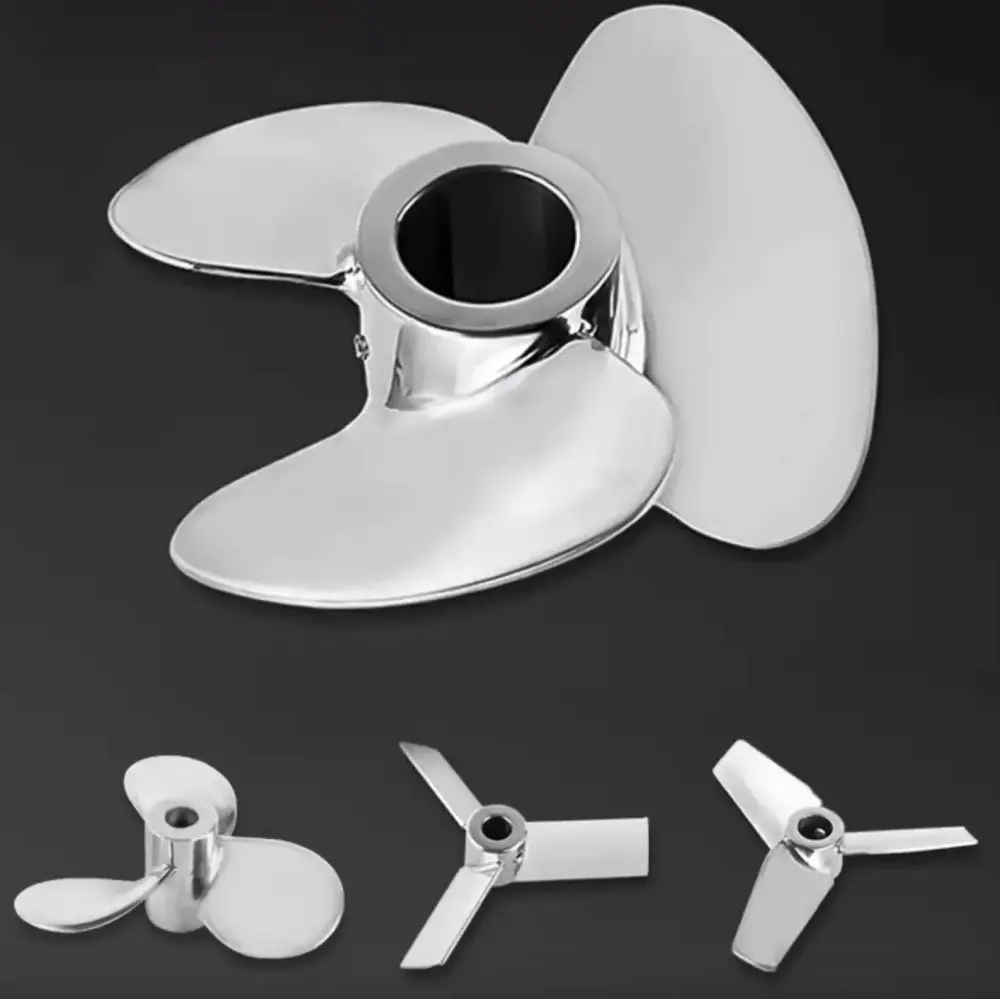High-Precision CNC Machining for Automotive Parts: A Comprehensive Guide
CNC (Computer Numerical Control) machining has revolutionized the manufacturing industry, especially in the production of automotive parts. Automotive parts are often required to meet very tight tolerances, high performance, and durability standards. High-precision CNC machining plays a pivotal role in ensuring these specifications are met with exacting standards. This article will explore why CNC machining is essential for automotive parts, the types of automotive parts that can be manufactured, how to achieve high-precision results, and a breakdown of the automotive parts catalog for different brands. In addition, we’ll also discuss the role of suppliers such as Great Light in providing advanced machining solutions.
Why Use CNC Machining to Manufacture Automotive Parts?
CNC machining is a method of manufacturing that uses computer-controlled machines to cut, mill, drill, and shape materials with high precision. The application of CNC machining in the automotive industry is critical for producing parts that require intricate designs and tight tolerances. Here are a few reasons why CNC machining is favored for automotive manufacturing:
1. Precision and Accuracy
Automotive components, especially those found in high-performance engines and transmission systems, must meet strict dimensional and performance tolerances. CNC machining is capable of achieving extremely high precision, often within microns, which is necessary for automotive parts.
2. Complex Geometries
CNC machines are capable of working with complex geometries that are difficult or impossible to achieve using traditional manufacturing methods. Parts like engine blocks, cylinder heads, and gearbox components benefit from CNC’s ability to create intricate and detailed designs.
3. Consistency and Repeatability
CNC machines can produce parts with identical specifications over thousands of iterations, ensuring consistent quality and uniformity. This is crucial in automotive manufacturing, where every part must perform identically to ensure overall vehicle performance and safety.
4. Material Flexibility
CNC machining can handle a wide range of materials commonly used in automotive manufacturing, including metals (aluminum, steel, titanium), plastics, and composites. This material versatility enables manufacturers to select the optimal material for each specific part, balancing cost, weight, and performance.
5. Faster Prototyping and Production
CNC machining enables rapid prototyping, which is critical for testing and refining designs before mass production. Moreover, it can be integrated into an automated manufacturing process, reducing lead times and enabling just-in-time production for automotive suppliers.
6. Cost-Effective for Small and Large Production Runs
While initial setup costs for CNC machining can be high, the overall cost per unit decreases significantly with large production runs. Additionally, for small or medium-sized batches, CNC machining is often more economical than traditional manufacturing methods like casting or forging.
Automotive Parts That Can Be Manufactured Using CNC Machining
The precision, flexibility, and efficiency of CNC machining make it an ideal solution for manufacturing a wide range of automotive parts. Below is a comprehensive table showcasing various automotive components that can be made using CNC machining:
| Vehicle Model | Part Name | Location of Use | Material Name | Performance Parameter Requirements |
|---|---|---|---|---|
| Ford Mustang 2020 | Engine Block | Engine | Aluminum Alloy | High strength, heat resistance, dimensional accuracy |
| Chevrolet Camaro 2021 | Cylinder Head | Engine | Cast Aluminum | High thermal conductivity, dimensional precision |
| BMW 3 Series 2022 | Timing Gear | Engine | Steel Alloy | Wear resistance, dimensional stability under stress |
| Audi A4 2023 | Transmission Housing | Transmission | Aluminum | Strength, heat resistance, dimensional precision |
| Tesla Model 3 2022 | Brake Caliper | Brake System | High-Strength Steel | Durability, dimensional accuracy, heat resistance |
| Honda Civic 2022 | Crankshaft | Engine | Steel | Strength, balance, precision machining |
| Mercedes-Benz C-Class 2023 | Valve Retainer | Engine | Titanium Alloy | Light weight, corrosion resistance, high temperature resistance |
| Ford F-150 2021 | Differential Housing | Transmission | Cast Iron | Strength, durability, high accuracy in critical mating surfaces |
| Porsche 911 2022 | Suspension Components | Suspension | Aluminum Alloy | Lightweight, fatigue resistance, high precision |
| Toyota Corolla 2023 | Steering Knuckle | Steering System | Steel Alloy | High strength, resistance to wear and corrosion |
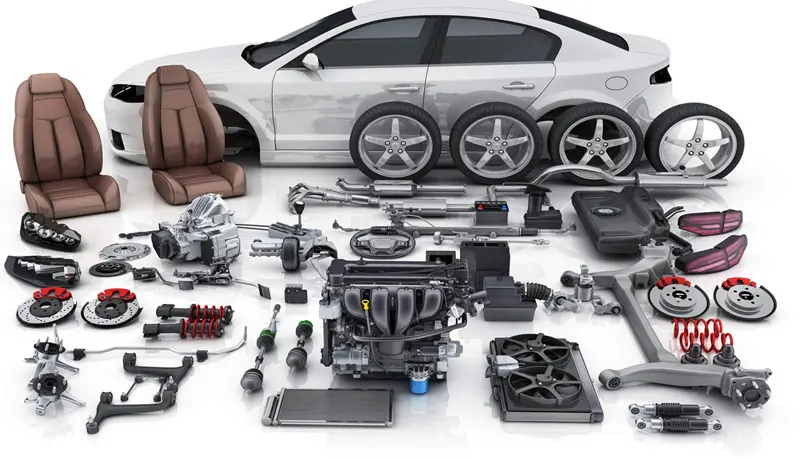
These automotive parts are all highly complex and require the accuracy, repeatability, and flexibility offered by CNC machining. Each part listed above has specific performance parameters that must be met to ensure the vehicle operates as intended, such as heat resistance, strength, wear resistance, and dimensional accuracy.
How to Achieve High-Precision CNC Machining for Automotive Parts?
Achieving high-precision CNC machining for automotive parts requires a combination of the right technology, skilled technicians, and a well-defined process. Here’s how precision is ensured in the CNC machining process:
1. Advanced CNC Machines
The use of high-quality CNC machines is fundamental to ensuring precision. Machines with high spindle speeds, advanced tooling, and precise control mechanisms are essential for producing automotive parts to tight tolerances. Popular types of CNC machines used for automotive parts include CNC milling machines, CNC lathes, and CNC routers.
2. Precision Tooling and Cutting Tools
The quality of cutting tools, such as end mills, drills, and taps, plays a crucial role in the precision of the machined part. Specialized tooling for high-precision work, including carbide and diamond-coated tools, ensures minimal wear and tear during the machining process.
3. Quality Control Systems
To ensure that each part meets the required specifications, manufacturers use advanced quality control systems. These include laser measurement systems, coordinate measuring machines (CMM), and optical inspection devices that verify the dimensional accuracy and integrity of each part.
4. Computer-Aided Design (CAD) and Computer-Aided Manufacturing (CAM) Software
CAD and CAM software allows for the precise design and simulation of the part before machining begins. This step minimizes errors by ensuring the part’s design is optimized for machining. Software such as Siemens NX, AutoCAD, and Mastercam is commonly used to plan and execute the machining process.
5. Material Selection
Selecting the right material is a critical step in ensuring the performance of automotive parts. CNC machining allows for the precise manipulation of various materials, each chosen for its specific performance requirements. Whether it’s high-strength steel for durability or aluminum for lightweight applications, selecting the optimal material is crucial for high-precision results.
6. Skilled Technicians
Even with the best equipment, skilled technicians are needed to ensure that the CNC machines are set up and operated correctly. Experienced machinists are essential for monitoring the production process, making adjustments as needed, and ensuring that the end product meets all performance standards.
Automotive Parts Interchange List for Popular Brands
Below is a list of interchangeable automotive parts across various well-known brands. This catalog helps streamline sourcing, ensuring manufacturers and suppliers can quickly locate compatible parts.
Atlas Automotive Parts Interchange List
| Part Name | Compatible Vehicle Models | Material | Location of Use |
|---|---|---|---|
| Engine Block | Atlas A1, Atlas B2, Atlas C3 | Aluminum Alloy | Engine |
| Cylinder Head | Atlas A1, Atlas B2 | Cast Aluminum | Engine |
| Valve Guide | Atlas A1, Atlas B2, Atlas C3 | Steel Alloy | Engine |
Clip House Automotive Parts Interchange List
| Part Name | Compatible Vehicle Models | Material | Location of Use |
|---|---|---|---|
| Timing Chain Guide | Clip House X1, Clip House Y2 | High-Strength Steel | Engine |
| Crankshaft Pulley | Clip House X1, Clip House Z3 | Steel Alloy | Engine |
Dz Automotive Parts Catalog
| Part Name | Compatible Vehicle Models | Material | Location of Use |
|---|---|---|---|
| Steering Knuckle | Dz 200, Dz 300 | Steel Alloy | Steering System |
| Transmission Housing | Dz 200, Dz 250 | Aluminum Alloy | Transmission |
Sti Automotive Valvetrain Parts List
| Part Name | Compatible Vehicle Models | Material | Location of Use |
|---|---|---|---|
| Valve Retainer | Sti Turbo Series, Sti ST-R | Titanium Alloy | Engine |
| Valve Spring | Sti Turbo Series, Sti ST-R | Steel | Engine |
Great Light: A Leading Supplier of High-Precision CNC Machining for Automotive Parts
As a leading supplier of high-precision CNC machining services, Great Light provides advanced solutions for the rapid manufacturing of complex automotive parts. Their expertise lies in producing highly accurate and durable automotive components, using cutting-edge CNC machines and materials. In addition to precision machining, Great Light offers rapid prototyping services, ensuring that prototypes are delivered quickly for testing and validation.
Services Offered by Great Light:
- High-Precision CNC Machining: Specializing in engine components, transmission parts, suspension systems, and more.
- Rapid Prototyping: Quick turnaround on prototype parts, allowing for testing before mass production.
- Post-Processing and Finishing Services: Includes heat treatment, surface coating, and other finishing processes.
- Custom Automotive Parts: Great Light can produce parts tailored to customer specifications, including certified automotive parts.
Great Light’s ability to work with a broad range of materials, including lightweight aluminum, high-strength steels, and advanced composites, makes them an ideal partner for automotive manufacturers. Their commitment to quality and precision ensures that every part meets the highest standards for performance and reliability.
Conclusion
High-precision CNC machining is an essential tool in the manufacturing of automotive parts, offering unparalleled accuracy, speed, and material versatility. With the increasing demand for complex, high-performance components, CNC machining provides the solution needed to meet these challenges. Whether for engine blocks, transmission housings, or suspension components, CNC machining offers manufacturers the ability to produce parts that meet stringent performance and dimensional requirements.
For those seeking a trusted supplier of high-precision automotive parts, Great Light stands out as a leader in the industry, delivering custom, quality parts at competitive prices.


